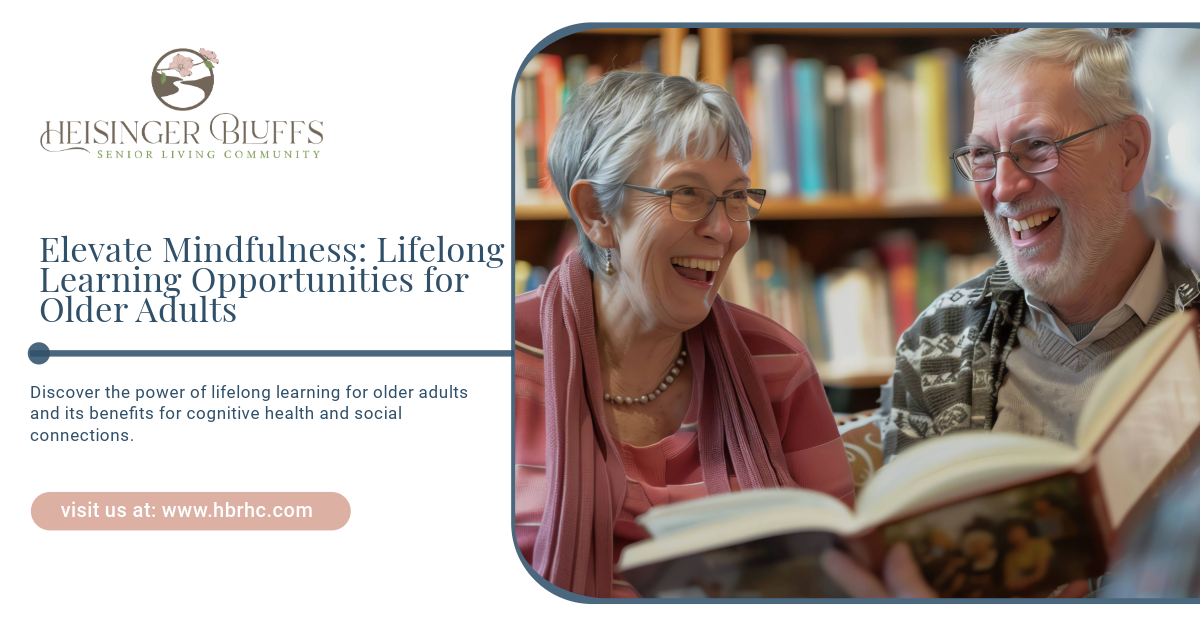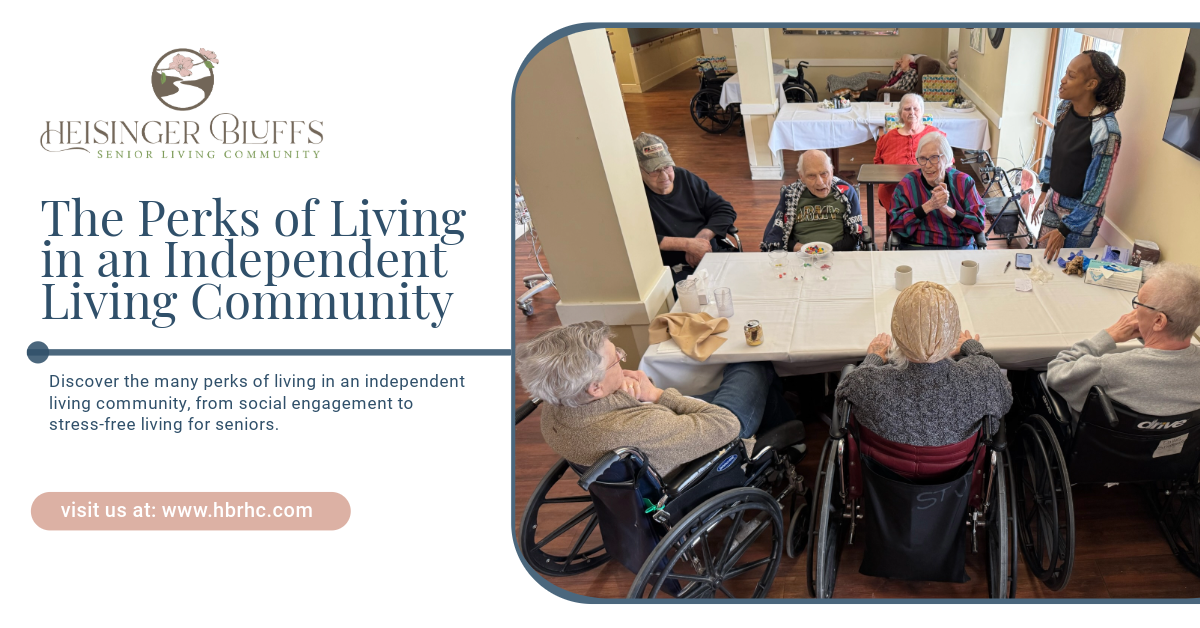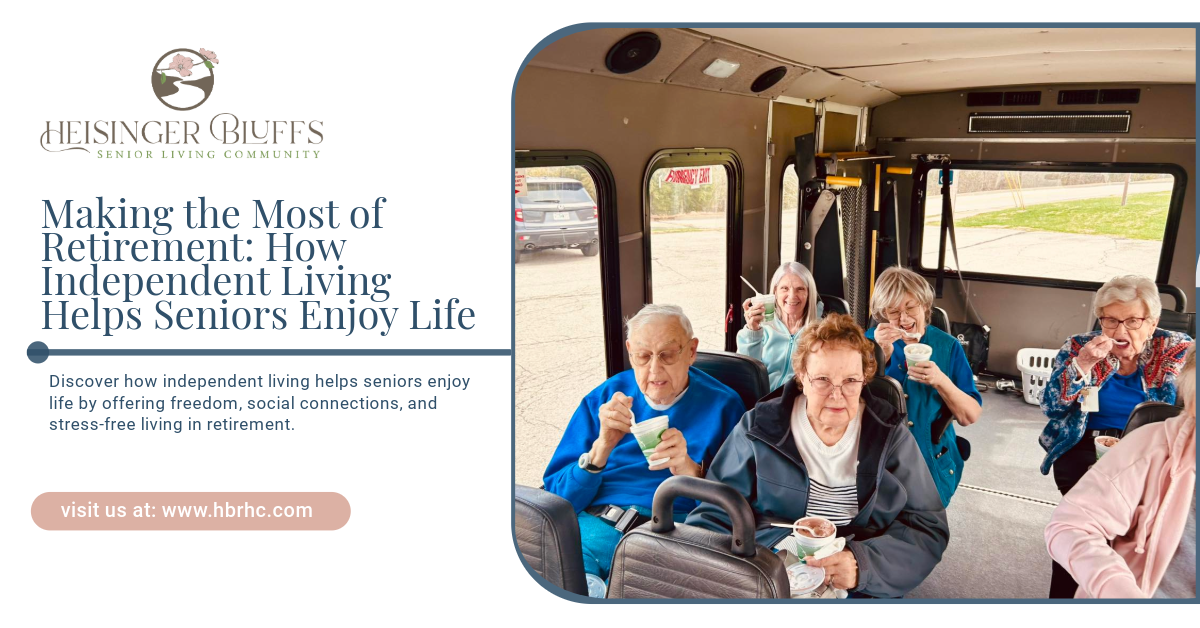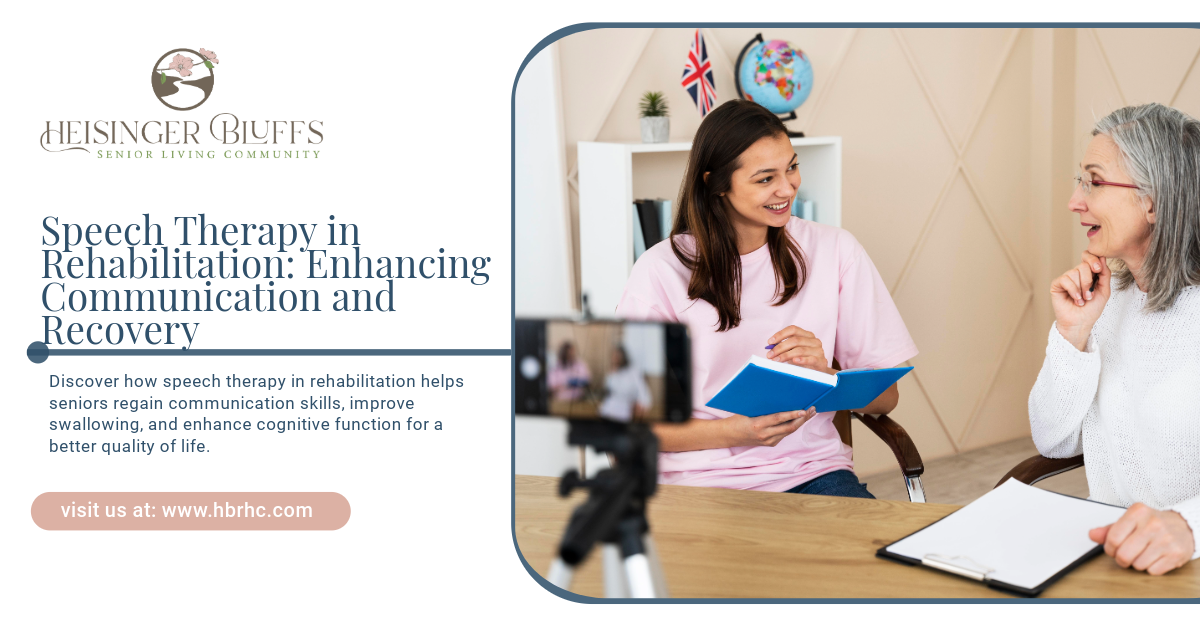Get in touch
Elevate Mindfulness: Lifelong Learning Opportunities for Older Adults

Lifelong Learning Benefits
Lifelong learning holds immense importance for older adults, offering a multitude of benefits that help them thrive in later life. It plays a crucial role in promoting cognitive health, allowing seniors to remain engaged and mentally agile.
Importance of Lifelong Learning
Lifelong learning empowers older adults by equipping them with the skills and knowledge needed to navigate the rapidly changing world. This is particularly vital in today's technology-driven society. Engaging in learning activities helps seniors stay connected with family and friends, manage finances online, access important information, and engage in telehealth services for medical consultations. These activities all contribute to maintaining independence.
Moreover, participation in lifelong learning fosters a sense of personal fulfillment and purpose, combating feelings of boredom and emptiness that may arise during retirement. A summary of the key benefits of lifelong learning for older adults is shown below.
| Benefits of Lifelong Learning for Older Adults |
|---|
| Maintains cognitive function |
| Delays age-related health issues like dementia |
| Enhances adaptation to technological advancements |
| Promotes social engagement and connection |
| Offers a sense of fulfillment and purpose |
Cognitive Health Benefits
Research indicates that engaging in lifelong learning can significantly benefit cognitive health. Activities such as exploring new interests, setting and achieving learning goals, reading, and picking up new skills provide essential mental stimulation. This demand on the brain promotes the creation of new neural connections, improves memory, and enhances problem-solving abilities. Studies suggest that these practices may help delay the onset of cognitive decline in seniors.
The involvement in lifelong learning programs also contributes to the conservation of psychological well-being over time. Continuous participation serves as a compensatory strategy for older individuals, helping to maintain both psychological and social reserve capacities. The cognitive health benefits resulting from lifelong learning can be further explored in detail at our page about cognitive health and lifelong learning.
In summary, lifelong learning provides older adults with not only the tools to adapt to a changing world but also the cognitive stimulation necessary to enhance overall health and well-being. For those interested in specific activities that promote brain health, check out our resources on brain exercises for seniors and lifelong learning and memory improvement.
Older Adults in the Workforce
As the population ages, the role of older adults in the workforce becomes increasingly significant. Their participation not only benefits individuals but also contributes to society and the economy. Understanding the economic contributions, challenges, and potential solutions for older adults in the workplace highlights the importance of lifelong learning for older adults.
Economic Contributions
Older adults bring a wealth of experience, skills, and commitment to the job market. Their ongoing participation in the workforce is essential for both economic and social development. With the growing number of older individuals, their contributions can help counteract potential labor shortages in various sectors. Key economic contributions include:
| Contribution Area | Description |
|---|---|
| Experience | Older workers often have years of industry knowledge that can guide new employees. |
| Skills | Many older adults possess specialized skills that are in demand by employers. |
| Mentoring | Using their expertise to mentor younger workers fosters knowledge transfer. |
| Economic Growth | Their engagement in the workforce can lead to increased productivity and economic growth. |
Policies have been implemented globally to encourage the participation of older workers, which recognizes their role in sustaining national economic growth. The current demographic transition, with a higher number of older individuals, is projected to impact labor market supply and overall production.
Challenges and Solutions
While older adults offer substantial contributions to the workforce, they also face several challenges that can hinder their participation. Some of these challenges include age discrimination, skills gaps, and health issues. However, various strategies can be implemented to overcome these obstacles.
Challenges:
- Age Discrimination: Negative stereotypes may limit employment opportunities.
- Skills Gaps: Older adults may require additional training to keep up with technological advancements.
- Health Concerns: Physical health issues can hinder their ability to perform certain tasks.
Solutions Table:
| Challenge | Potential Solution |
|---|---|
| Age Discrimination | Implement training for employers to address unconscious bias and promote diversity. |
| Skills Gaps | Provide lifelong learning programs aimed at reskilling and upskilling older workers. |
| Health Concerns | Offer flexible work arrangements and wellness programs tailored to their needs. |
Countries like Norway have enacted policy reforms to support older workers in remaining active in the labor market, resulting in reduced disability benefit claims. Lifelong learning initiatives focused on older adults can meet workforce demands and foster economic growth, benefiting not just the participants but society as a whole.
Supporting older adults in the workforce ensures that their contributions to society and the economy are recognized and utilized. Encouraging their participation through continuous learning enhances their cognitive health and well-being, reinforcing the benefits of cognitive health and lifelong learning.
Lifelong Learning Programs
Lifelong learning programs play a significant role in enhancing the lives of older adults, promoting cognitive health and providing essential personal development opportunities. Understanding the motivation behind participation and the social connections formed through these programs is crucial for families considering options for senior living communities.
Motivation and Interests
Older adults often join lifelong learning programs due to a desire to explore new interests and hobbies. Engaging in continuous education not only enhances their knowledge and skills but also provides a sense of personal fulfillment and purpose. These activities can combat feelings of boredom and emptiness commonly experienced post-retirement.
Lifelong learning also equips seniors with the necessary skills to navigate a quickly changing world, particularly concerning technology. The ability to manage finances online, stay connected with family through social media, and access telehealth services enhances their independence and quality of life. To understand more about these benefits, refer to our resource on the benefits of lifelong learning for seniors.
Social Connections
Participation in lifelong learning programs fosters social connections that can significantly impact an older adult's wellbeing. Through structured activities such as classes, workshops, and discussion groups, seniors can forge relationships and build a supportive social network. This engagement not only combats social isolation and loneliness but also fosters a sense of community and belonging.
The creation of social connections can lead to improved emotional health and resilience, allowing older adults to share experiences and learn from one another. The positive impact on social networks serves as an essential component of successful aging, as it enhances overall mental health and cognitive function. For more insights into how education can enhance memory, visit our article on lifelong learning and memory improvement.
With these programs, families can feel confident knowing that their loved ones have opportunities to learn, grow, and connect with others, which ultimately leads to enriched lives filled with purpose and direction.
Digitalization and Older Adults
Access to Technology
Access to technology has become increasingly vital for older adults, especially as digitalization permeates various aspects of daily life. Many older adults are more digitally connected than previous generations, with most commonly used devices being computers and smartphones. This increased connectivity allows older adults to overcome geographic barriers, maintain contact with family and friends, and engage in internet-based functions such as education, financial management, health monitoring, and social media.
However, there exists a 'grey digital divide' among older individuals, marked by varying computer and problem-solving skills within technology-rich environments. An adequate focus on Information and Communication Technology (ICT) capacity-building programs for older adults is essential. These programs promote active aging, social support, and emotional well-being. Table 1 below summarizes the most common devices utilized by older adults and their associated benefits in lifelong learning.
| Device Type | Common Uses | Benefits for Lifelong Learning |
|---|---|---|
| Computers | Internet browsing, online courses, email | Enhances computer skills, access to information |
| Smartphones | Communication, social media, apps for learning | Increases social interactions, easy access to resources |
| Tablets | E-books, educational apps, video calls | Portable learning, user-friendly interfaces |
Barriers and Solutions
Despite the growing access to technology, older adults face several barriers that hinder full participation in digital environments. Common challenges include a lack of confidence in using technology, limited problem-solving skills, and feelings of intimidation by new digital tools.
Addressing these barriers requires tailored initiatives focusing on building digital competence among older adults. Key competences for lifelong learning include the confident and responsible use of digital technologies, broken down into skills such as information literacy, communication, collaboration, media literacy, and problem-solving.
Educational programs designed to enhance these digital skills typically incorporate need assessments, participatory development processes, and the acknowledgment of prior experiences. Furthermore, social support plays a crucial role in the learning process, encouraging participation and engagement in digital tools. For instance, family members can assist in teaching technology skills or promote the use of online platforms for learning and social interaction.
To explore brain exercises that strengthen cognitive health, visit our section on brain exercises for seniors. For a deeper look into the connections between lifelong learning and cognitive health, check our article on cognitive health and lifelong learning.
Lifelong Learning Research Studies
Research studies have consistently shown the significant impact of lifelong learning on older adults. They highlight how continuous education not only contributes to cognitive health but also enhances overall wellbeing.
Impact on Wellbeing
Lifelong learning has a positive association with the psychological wellbeing of older adults. According to research, continuous participation in non-formal lifelong learning can sustain the psychological wellbeing of older individuals, especially those considered vulnerable. This type of engagement provides older adults with compensatory strategies to strengthen their reserves, enabling them to feel more autonomous and fulfilled.
Specific forms of lifelong learning, particularly informal and leisure-type courses, have been found to enhance psychological wellbeing over time. Individuals participating in these courses reported improved mental health, regardless of their educational background. They experienced a boost in their quality of life as well as their satisfaction with life and psychological wellbeing.
| Aspect | Benefit |
|---|---|
| Psychological Wellbeing | Sustained through continuous learning |
| Quality of Life | Enhanced through participation in courses |
| Autonomy | Improved by compensatory strategies derived from learning |
This reinforces the idea that benefits of lifelong learning for seniors go beyond just cognitive health; they encompass emotional and psychological dimensions as well.
Participation Rates
Participation rates in lifelong learning programs among older adults are indicative of their acceptance and the perceived benefits of such activities. Informal learning opportunities, especially non-credit courses, have shown particularly high rates of participation. Engagement in these programs is linked to longstanding benefits in maintaining psychological wellbeing over time.
| Year | Participation Rate (%) | Program Type |
|---|---|---|
| 2018 | 45 | Non-formal learning courses |
| 2019 | 50 | Informal leisure-type courses |
| 2020 | 55 | Community education programs |
These figures illustrate a growing trend, underlining the increasing value older adults place on educational activities. Furthermore, attitudes toward lifelong learning significantly impact their quality of life, suggesting a strong relationship between engagement in learning and overall happiness.
Understanding the statistics and implications of lifelong learning can guide families who are considering senior living communities for their loved ones, as these programs play a crucial role in promoting mental and emotional health through active participation in educational opportunities. For more information on how educational activities can boost cognitive functions, see our article on cognitive health and lifelong learning.
Lifelong Learning Trends
Global Perspectives
The trend of lifelong learning for older adults is increasingly recognized around the world. With the global population aged 60 and over expected to reach 2.1 billion by 2050, there is a pressing need for ongoing education initiatives aimed at promoting autonomy, healthy aging, and enhancing quality of life. The percentage of the world's population aged 60 and older is projected to almost double from about 12% in 2015 to 22% by 2050. This demographic shift underscores the importance of providing lifelong learning programs tailored for older individuals.
Lifelong learning programs are also crucial for reskilling and upskilling older adults to meet global workforce demands, contributing to economic growth beyond benefiting participants. These initiatives not only support the individual learner but also bolster community and societal engagement.
| Year | Global Population Aged 60+ (Billion) | Percentage of Global Population |
|---|---|---|
| 2023 | 1.0 | 13% |
| 2050 | 2.1 | 22% |
Future Outlook
Looking ahead, the future of lifelong learning for older adults seems promising yet necessitates focused efforts to increase participation rates in educational programs. While decades of research highlight the benefits of non-formal adult education for older adults, such as improved social engagement, job retention, cognitive skills, and overall health, participation rates remain relatively low compared to younger age groups.
To address barriers to participation, it is essential to enhance support systems for technology adoption among older adults. The application of the model for the adoption of technology by older adults (MATOA) illustrates the importance of both technical and social support in facilitating continuous learning in digital environments.
Incorporating educational strategies that foster adaptability to new technologies will empower older adults, allowing them to access online learning platforms effectively. Programs will need to be designed not only to provide knowledge but also to create an engaging environment conducive to social connections.
For those interested in the benefits of engaging in lifelong learning opportunities, exploring brain exercises for seniors and understanding the cognitive health and lifelong learning relationship can further support informed decision-making for families considering senior living communities.



Want to know more?
We will get back to you as soon as possible.
Please try again later.
You May Also Like To Read
Heisinger Bluff’s Life Plan Community is here to make your senior years safe, stimulating and enjoyable so that you can savor the present, knowing the future will be taken care of.
QUICK LINKS
CONTACT
©2024. Heisinger Bluffs. All rights reserved.








